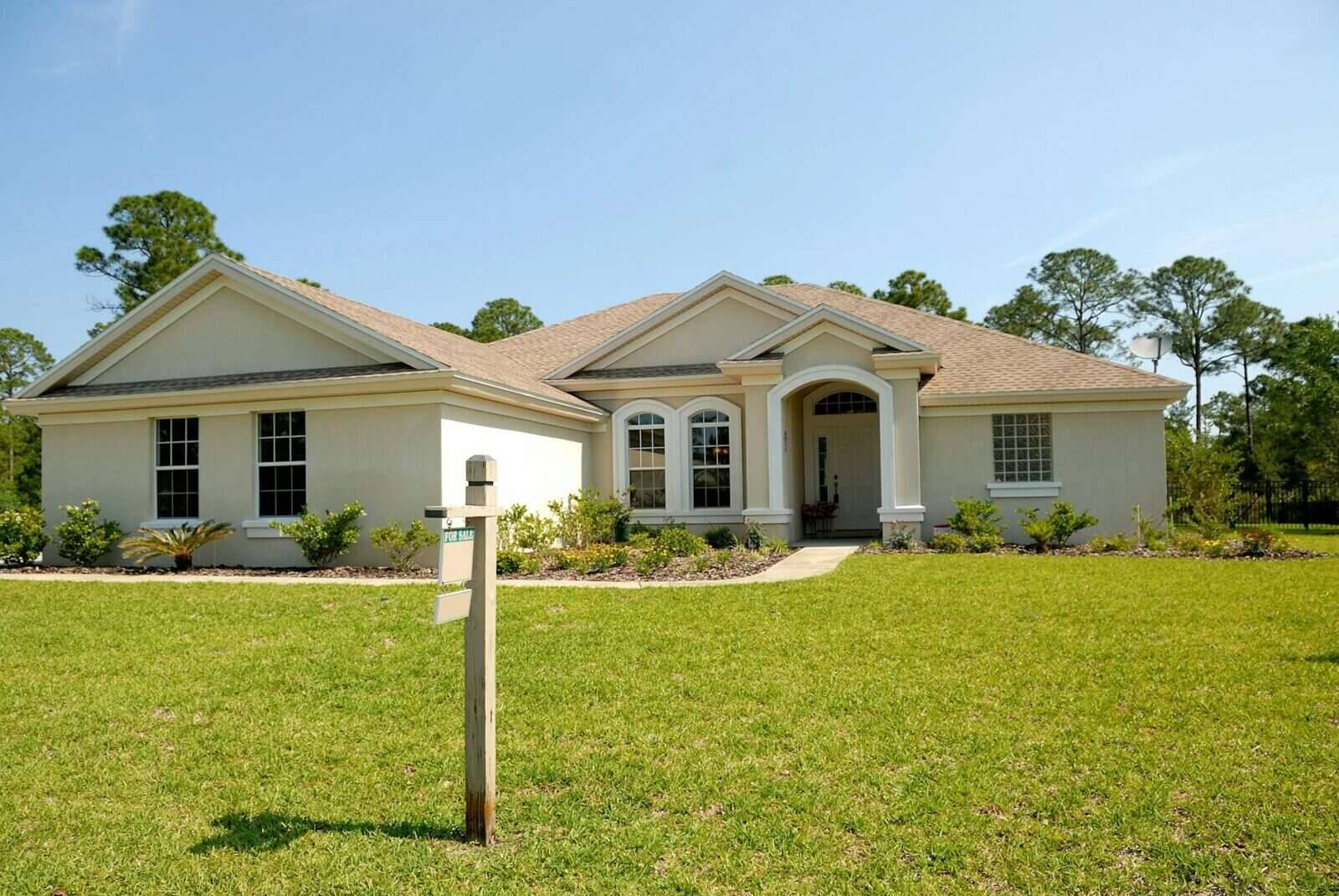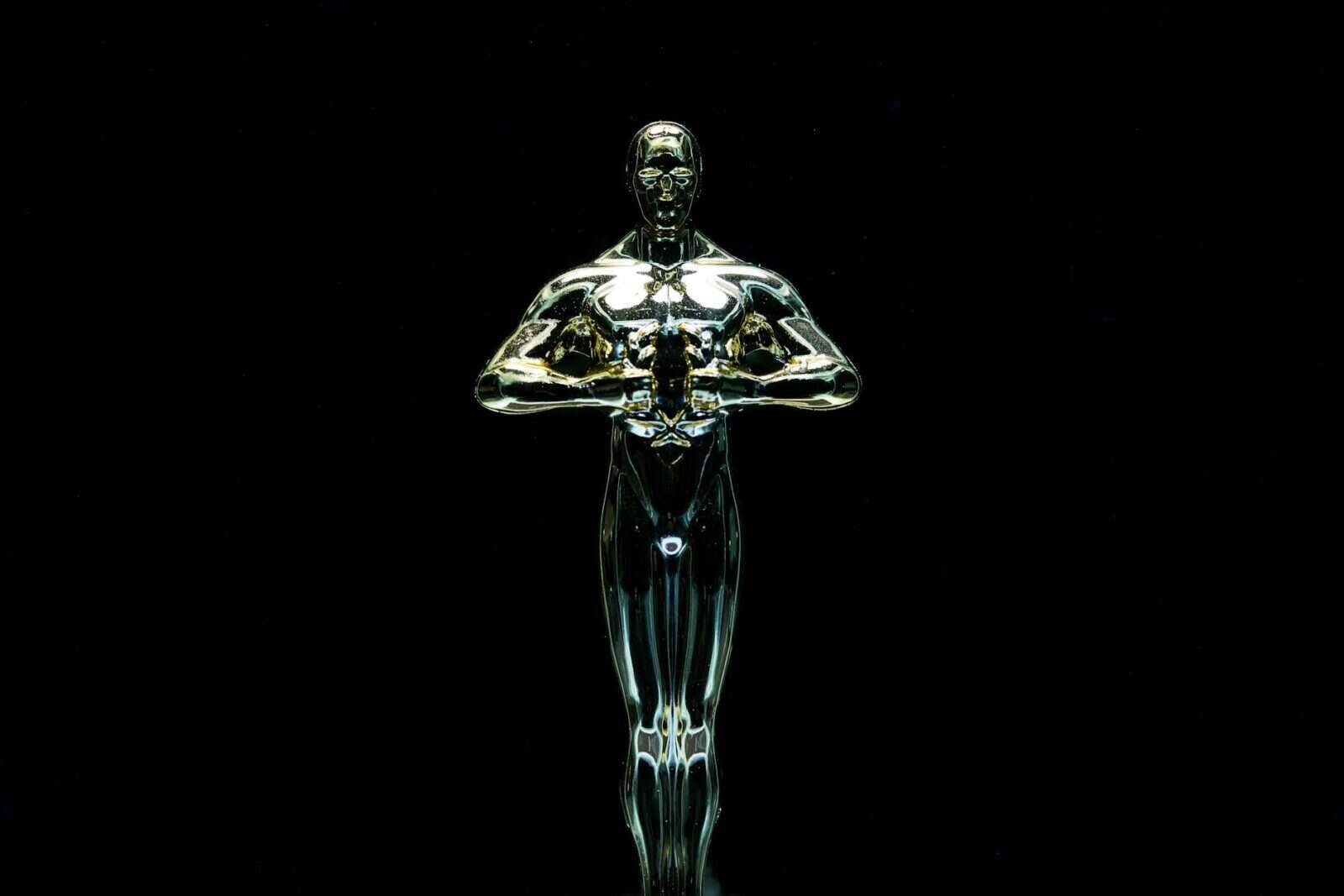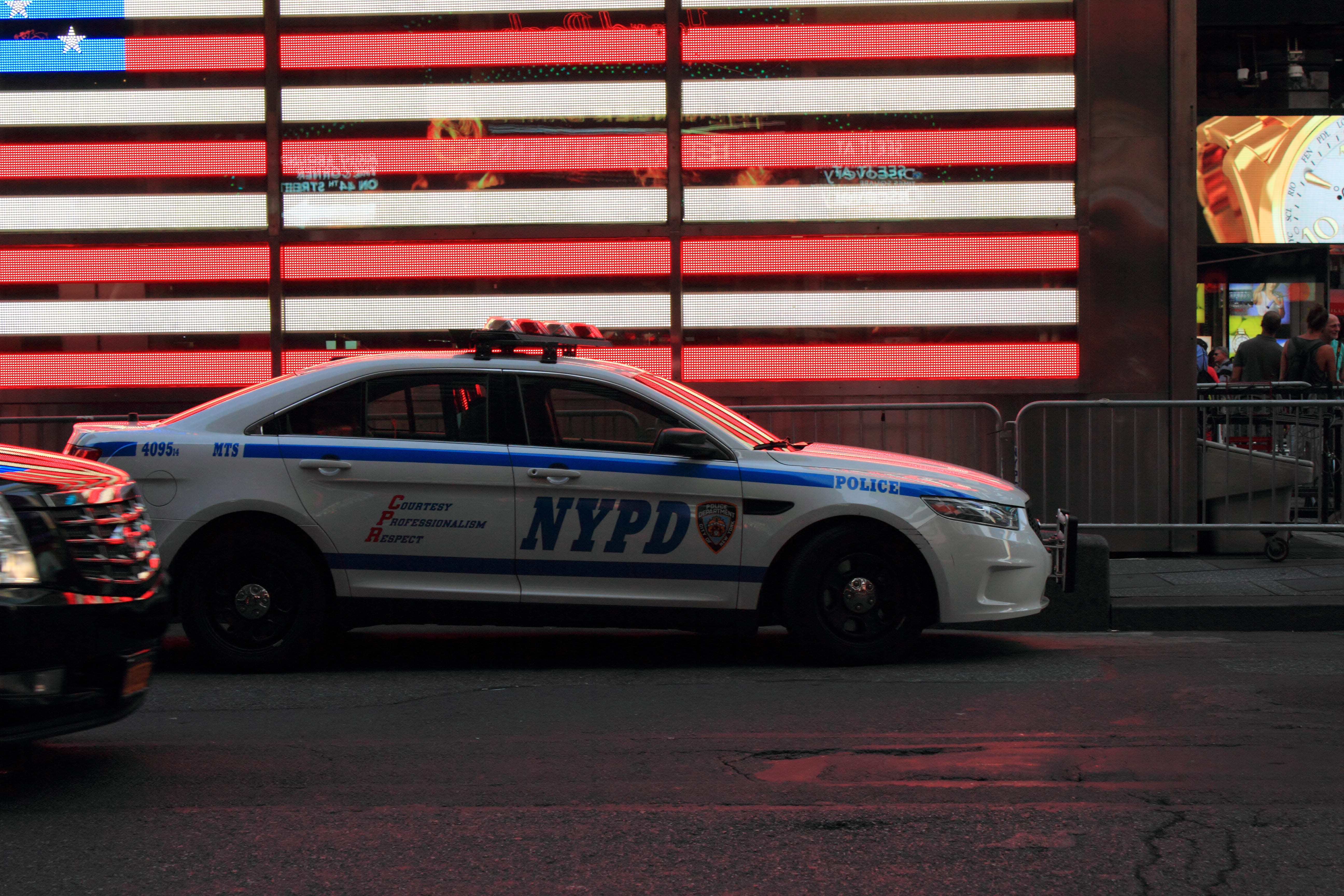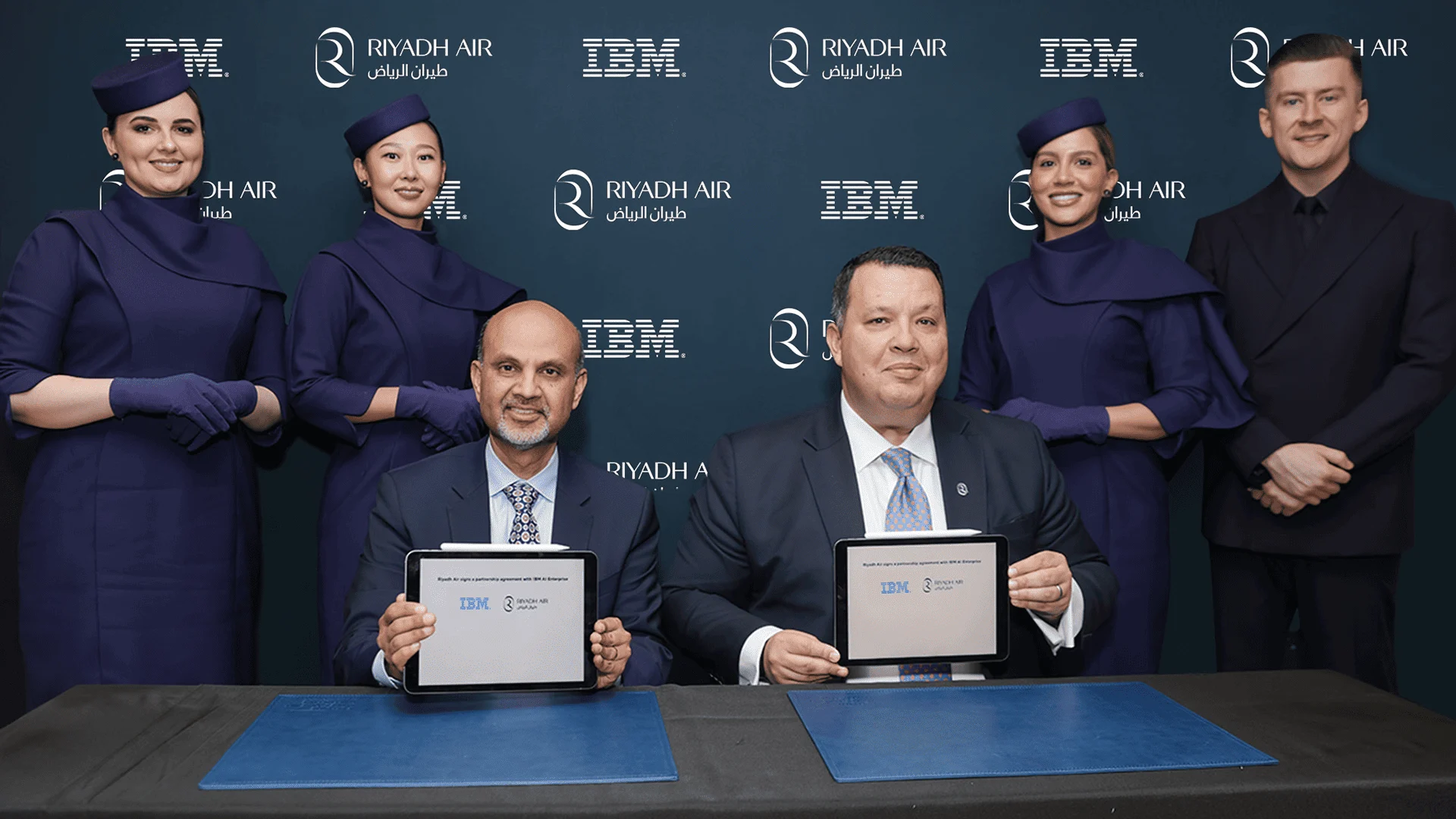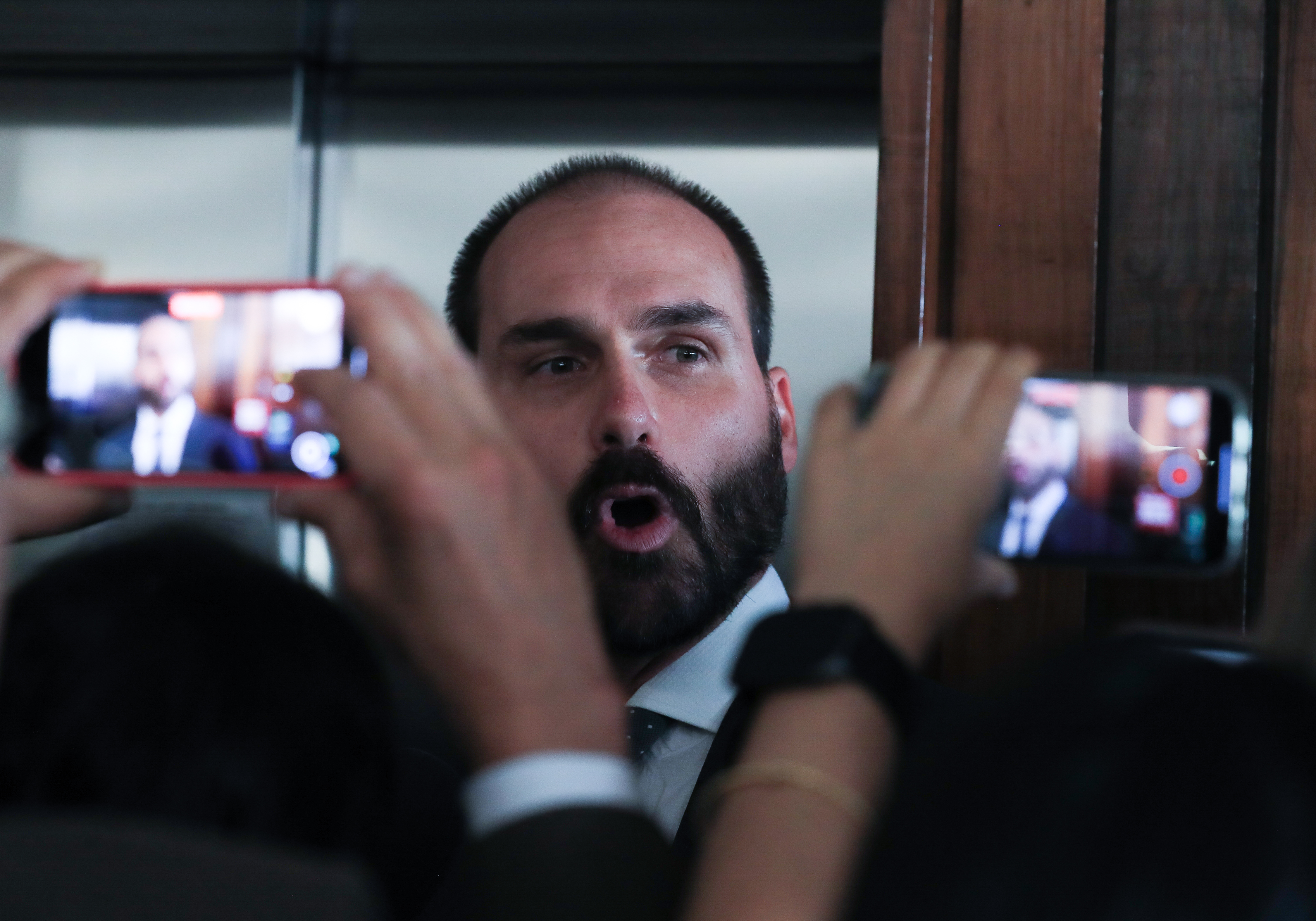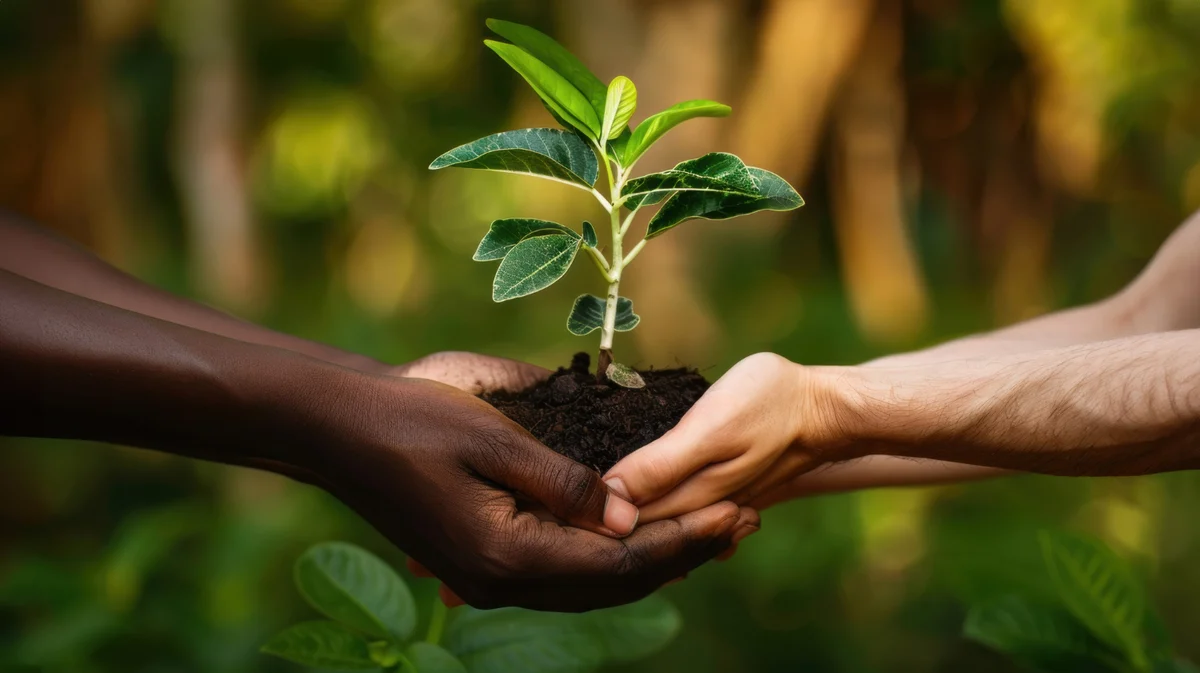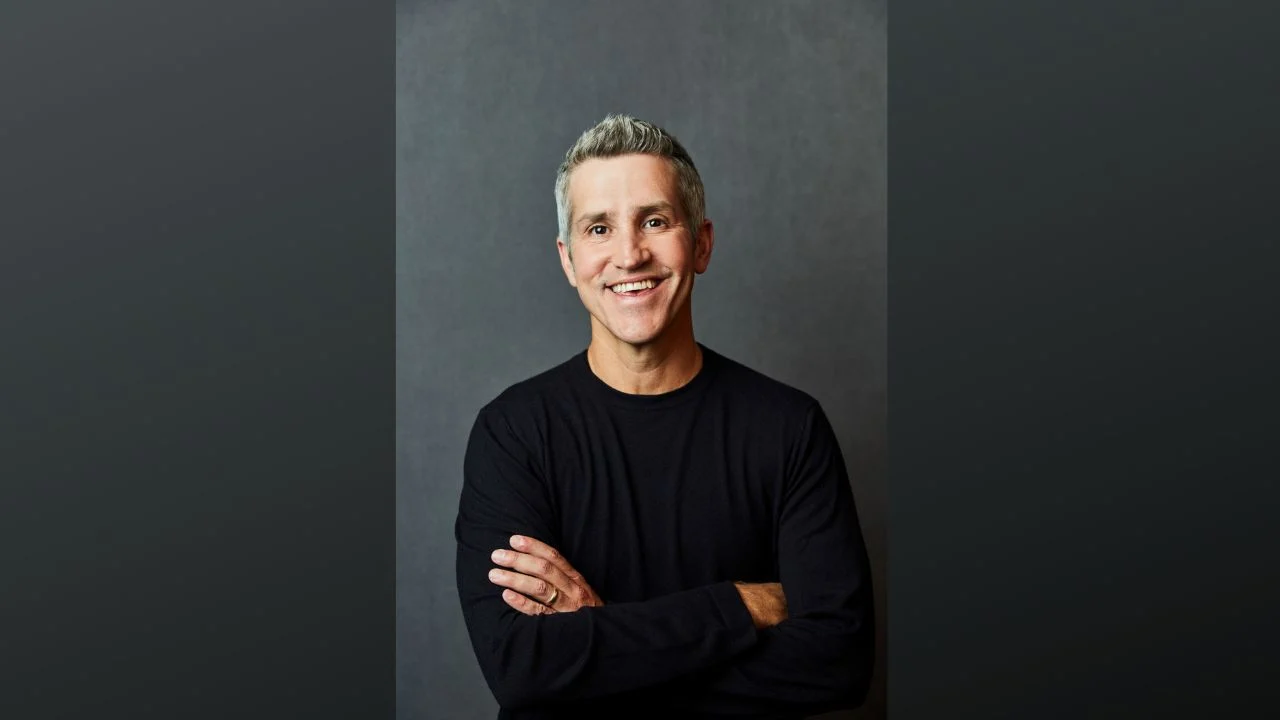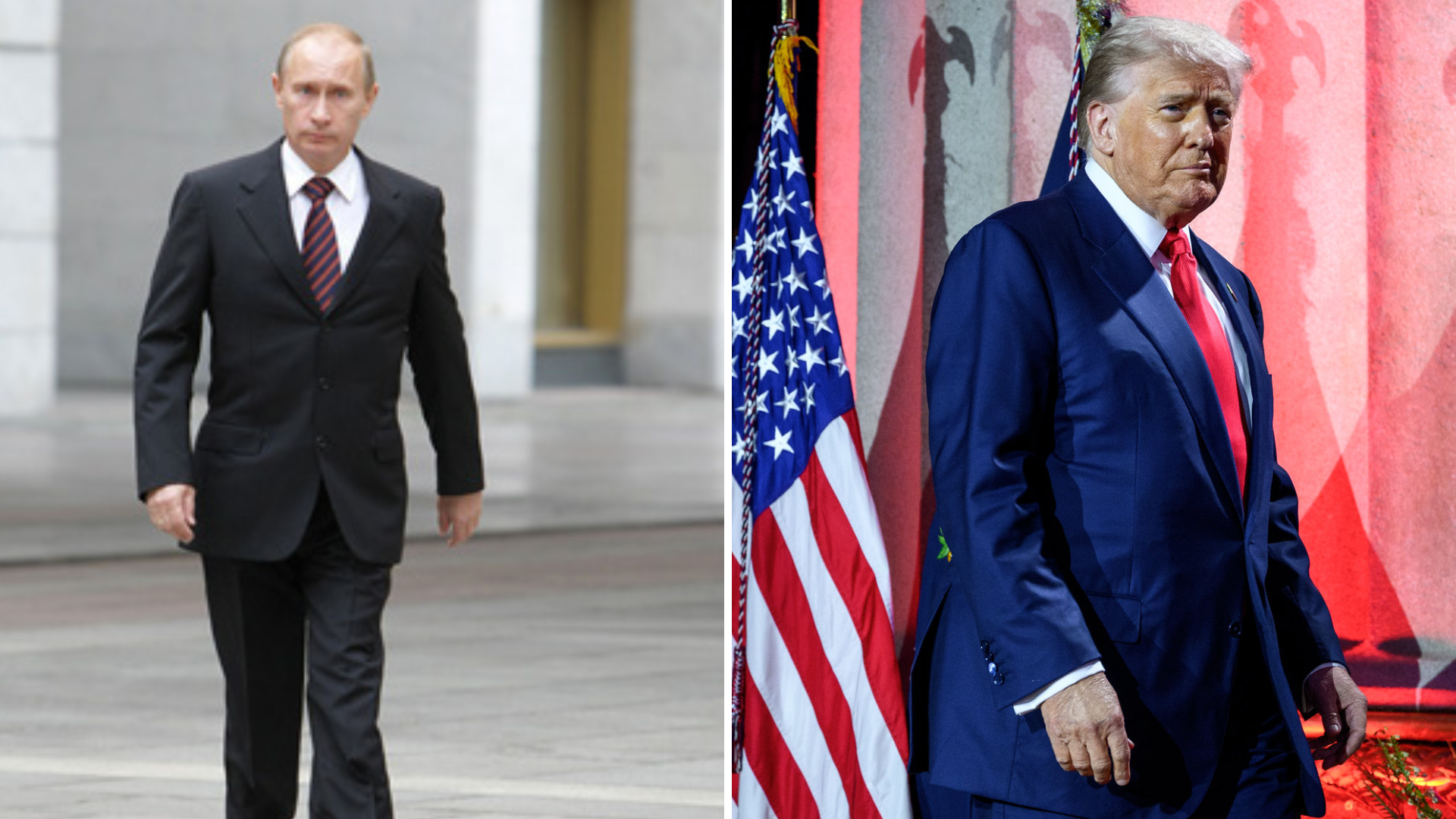
Photo by premier.gov.ru | White House
Alaska Takes Center Stage at High-Stakes Trump–Putin Summit
In a rare moment of global attention, Alaska will host a high-stakes summit between U.S. President Donald Trump and Russian President Vladimir Putin this Friday. The historic meeting—held in the former Russian colony—marks a pivotal step in the Trump administration’s bid to forge a path toward ending the war in Ukraine.
The 49th state, typically on the periphery of U.S. national politics, is now thrust into the spotlight as the backdrop for a meeting with profound geopolitical implications. Alaskans say it’s fitting that talks between the two nations are happening on their soil.
“You can still see the impact of Russian colonialism in Alaska today,” said Brandan Boylan, a political science professor at the University of Alaska Fairbanks. “If President Trump were to host President Putin in the U.S. outside of the White House, I’m not surprised it would be here in Alaska, given the deep historical ties between the two nations.”
Despite its remote location, Alaska has been the setting for several key diplomatic encounters. In 2021, Anchorage hosted tense exchanges between the Biden administration and top Chinese officials. Earlier, in 1984, President Ronald Reagan met Pope John Paul II in Fairbanks, and in 1971, President Richard Nixon received Japanese Emperor Hirohito in Anchorage.
But the upcoming meeting with Putin may be the most significant to date, underscoring the state’s historic link to Russia. Russian settlers arrived in Alaska in the 18th century, claiming the territory for the Russian Empire by 1732. Alaska remained part of Russian America until 1867, when Tsar Alexander II sold it to the U.S. for $7.2 million—a decision criticized in Russia for decades, especially after Alaska’s natural resources became apparent.
Alaska’s proximity—just 50 miles from Russia—along with its strategic roles in energy, national defense, and Arctic leadership, make it a compelling site for this summit.
“No place plays a more vital role in our national defense, energy security, and Arctic diplomacy,” wrote Alaska Governor Mike Dunleavy (R) on X. “It’s only fitting that discussions of global importance happen here. For centuries, Alaska has served as a bridge between nations and remains a gateway to diplomacy, trade, and security in one of the world’s most critical regions.”
The summit location also carries logistical and legal advantages. While the International Criminal Court has issued an arrest warrant for Putin, the United States does not recognize the court’s jurisdiction. Moreover, Alaska provides a safer and more direct route for the Russian leader, avoiding potentially hostile European airspace.
“Alaska is a beautiful state, and geographically convenient for both parties,” a White House official told The Hill. “It was a fitting location for President Trump to accept President Putin’s request to meet.”
While public visibility will be limited—talks are expected to take place at Joint Base Elmendorf-Richardson—residents may still feel the ripple effects. Sanctions against Russia have disproportionately impacted Alaska, particularly in fisheries and cross-border travel.
“The sanctions themselves haven’t hurt Alaska directly, but the lack of communication and cooperation certainly has,” said former Lt. Governor Mead Treadwell (R). He pointed to changing Russian fishing practices in the Bering Sea, which have reduced salmon migration up the Yukon River, and to increased difficulty for Alaskans visiting family in Russia.
These issues, he said, won’t change unless relations normalize—something unlikely without the end of the war.
Putin’s visit to Anchorage will mark the first time a Russian leader has set foot in Alaska, an event welcomed by key officials in Moscow and amplified by Russian state media.
President Trump has downplayed expectations, stating he will “see what [Putin] has in mind” and that within the “first two minutes” he will likely “know whether a deal can be made.”
Still, many in Alaska are reflecting on the potential historic weight of the encounter.
“I joked earlier this week that if peace comes out of this, it should be remembered as the Alaska Accords—similar to the Camp David Accords,” said Treadwell.
He acknowledged the risks, particularly given Trump’s controversial 2018 summit with Putin in Helsinki, where he sided with the Russian leader over U.S. intelligence agencies on election interference.
“I think it’s a risk we’re all willing to take,” Treadwell added, pointing to the 1997 Kyoto Protocol as a precedent. “Some people think Kyoto was the best thing to happen for climate change, others spit when they say the word. But either way, Kyoto is still a beautiful city worth visiting.”
Source: The Hill
-

NEWSROOM
We are a dynamic daily channel dedicated to delivering essential insights on economics, business, and politics—empowering professionals and decision-makers to navigate a complex and fast-evolving world. Our content blends in-depth reporting, exclusive analysis, and strategic interviews to help readers stay informed, anticipate opportunities, and make smarter decisions. Connect with us at info@moneyinfocus.news
to collaborate or learn more.

